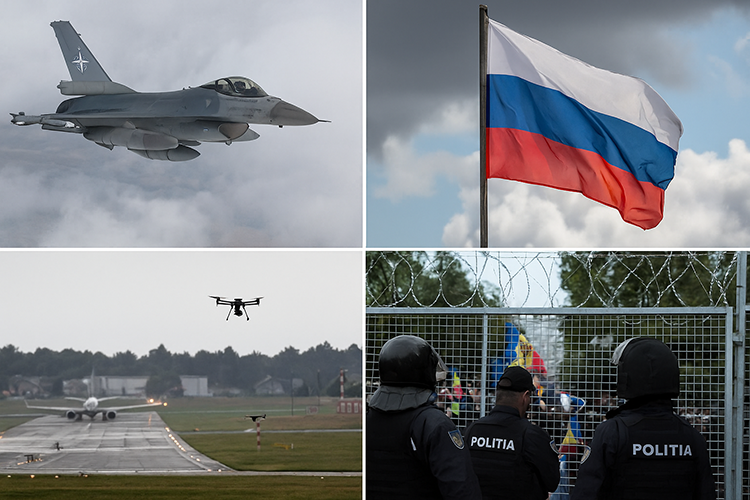Europe Faces New Security Strains from Airspace to Elections
A series of events over the past two days has underscored the variety of challenges facing Europe’s security order, ranging from military tensions to civil aviation disruptions and political interference.
Poland issued one of its strongest warnings yet to Moscow, saying that any Russian aircraft straying into allied skies could be downed. The statement came amid a backdrop of repeated airspace violations along NATO’s eastern edge, raising concerns over possible missteps at a time of heightened friction.
Elsewhere, Copenhagen Airport was forced to suspend flights for several hours after drones were spotted near the runways, leading to delays and diversions across northern Europe. Authorities are investigating who was responsible, but the incident highlights how inexpensive technology can cause outsized disruption to international transport.
On the nuclear front, Russia has said it will continue to observe the existing limits of the New START arms pact for another year, provided the United States does the same. The commitment preserves the status quo in the short term but leaves open major questions about inspections and what will follow once the treaty’s current framework expires.
Meanwhile, Moldova detained dozens of people accused of involvement in a plan to stir unrest ahead of elections. Officials allege that the network was linked to Russian interests and intended to undermine the country’s political stability, though Moscow rejects the claims.
Taken together, the developments reveal a landscape in which Europe faces pressure on multiple fronts at once: military probes along its borders, vulnerabilities in civilian infrastructure, the uncertain future of nuclear stability, and efforts to destabilise democratic processes. Analysts say each on its own would be concerning, but occurring in quick succession, they point to a period in which Europe’s resilience and coordination with partners will be repeatedly tested.
Source: comp.








